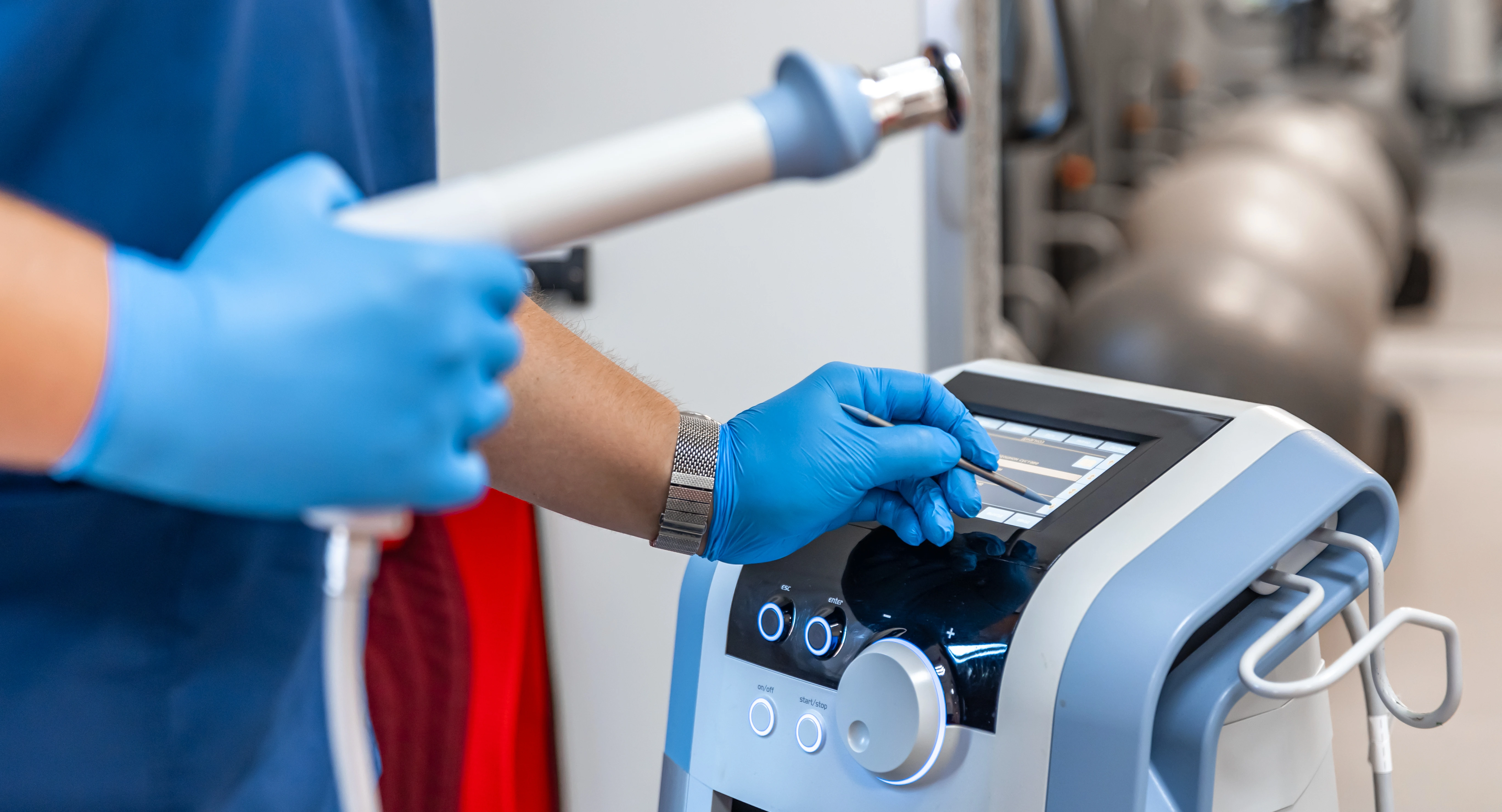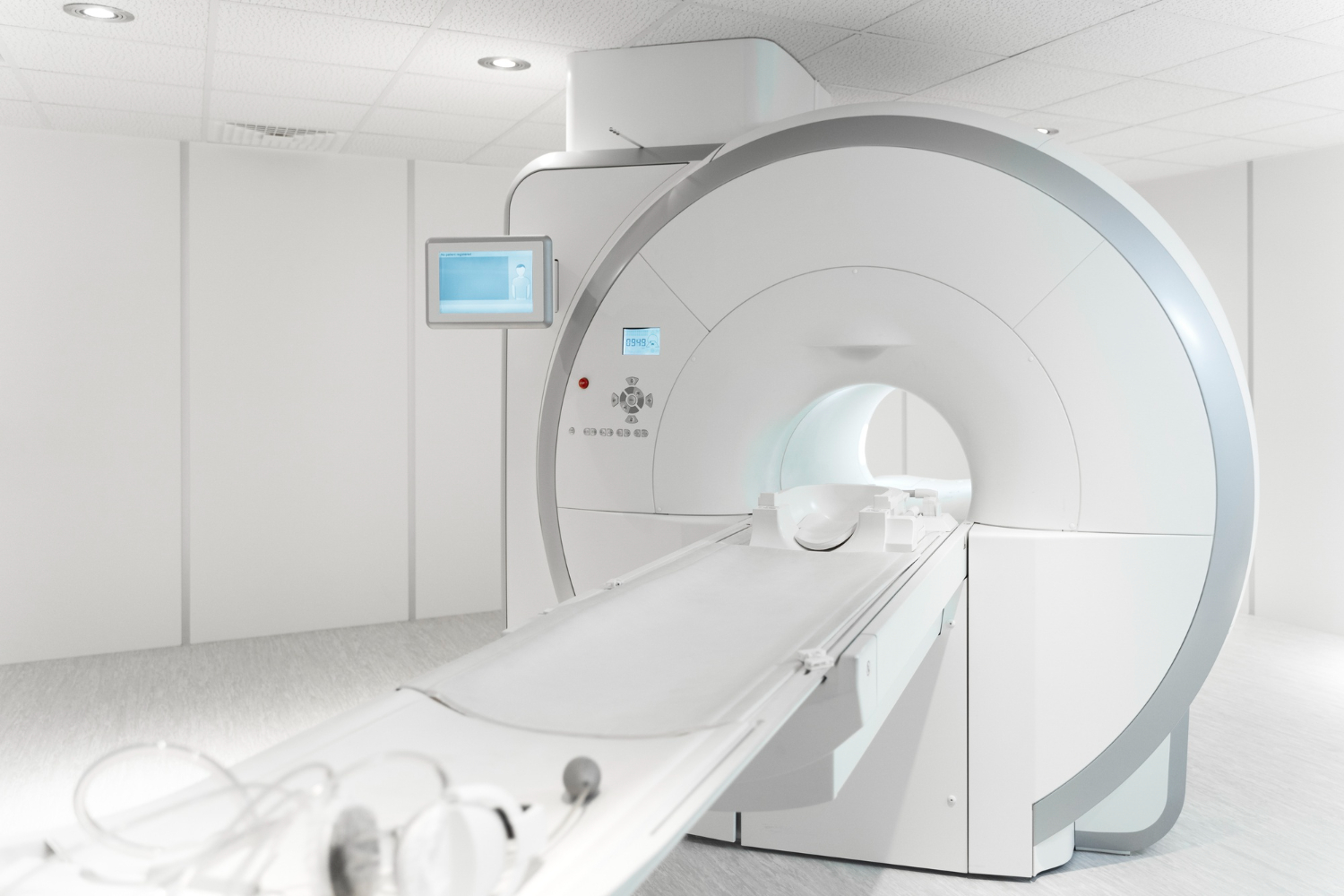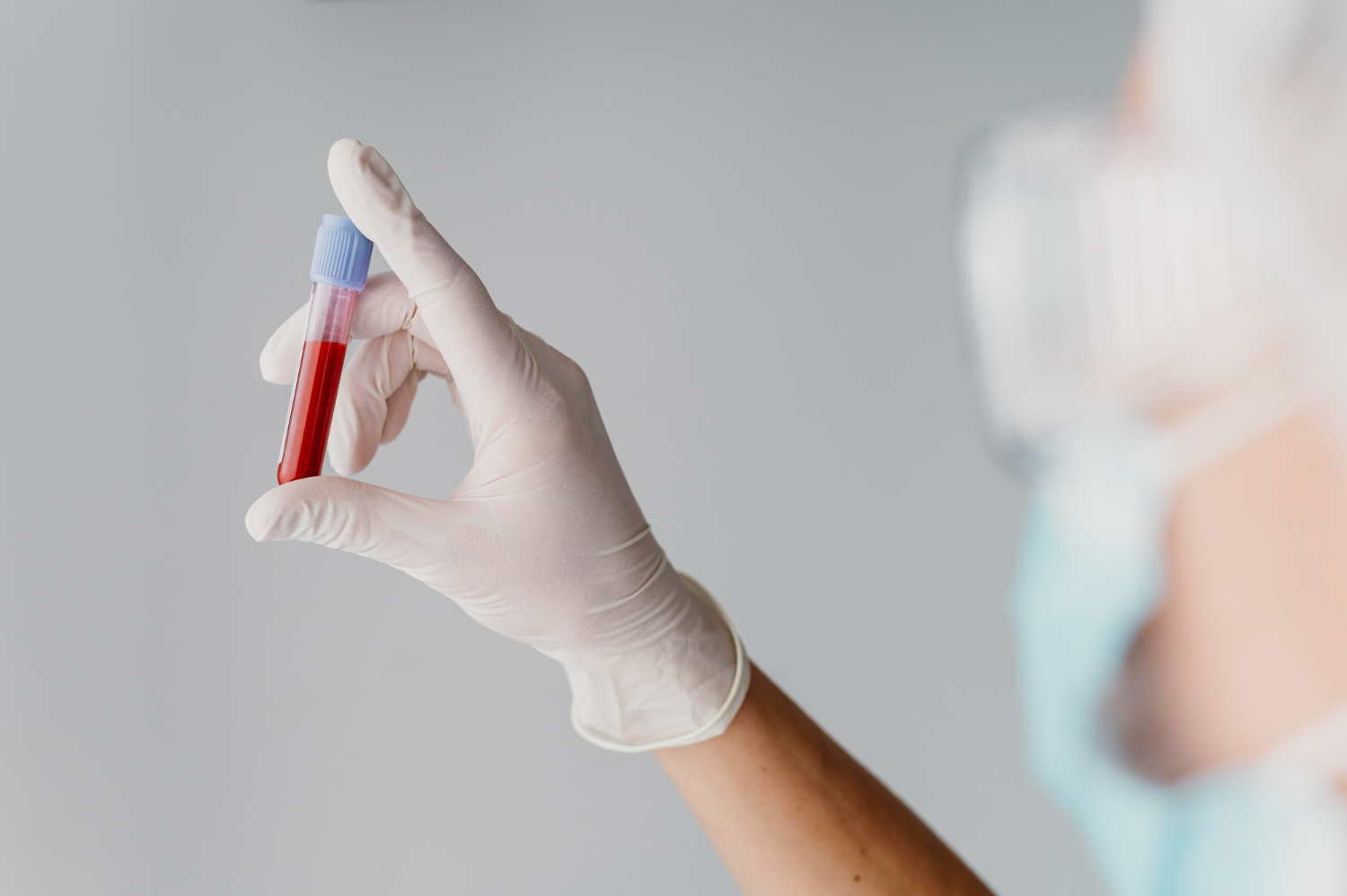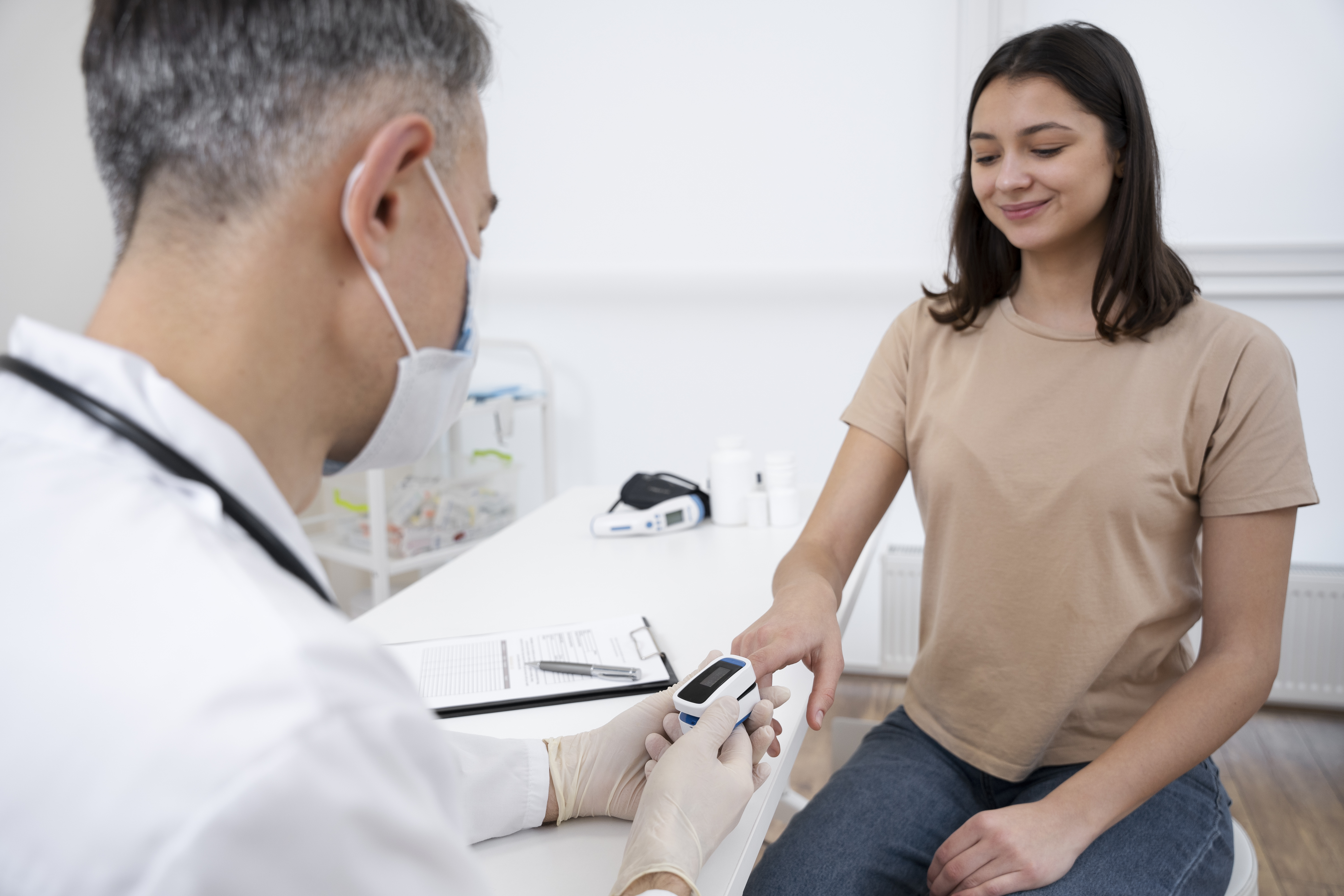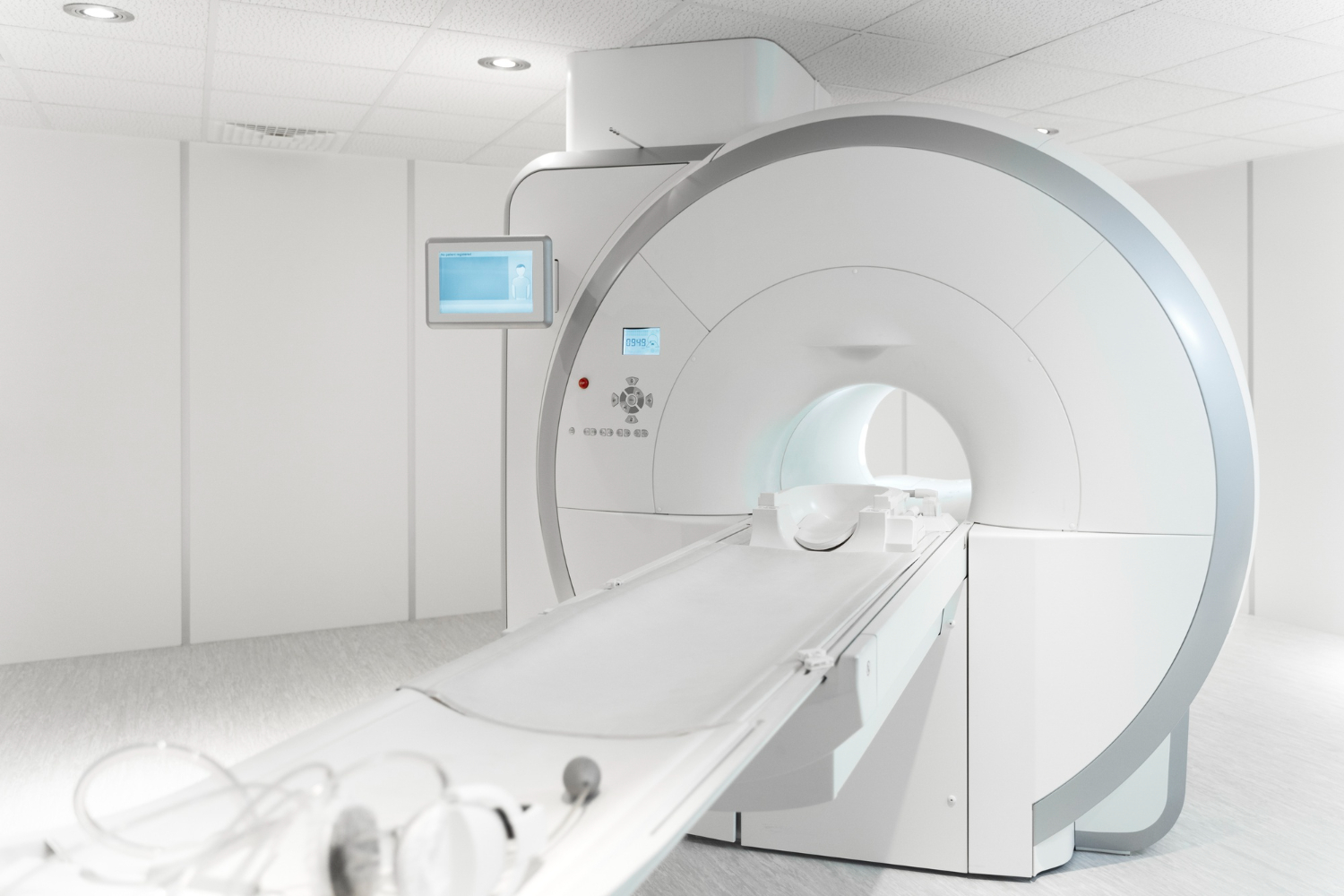Why Diagnostic Tests Are Key to Staying Healthy: A Patient-Friendly Guide
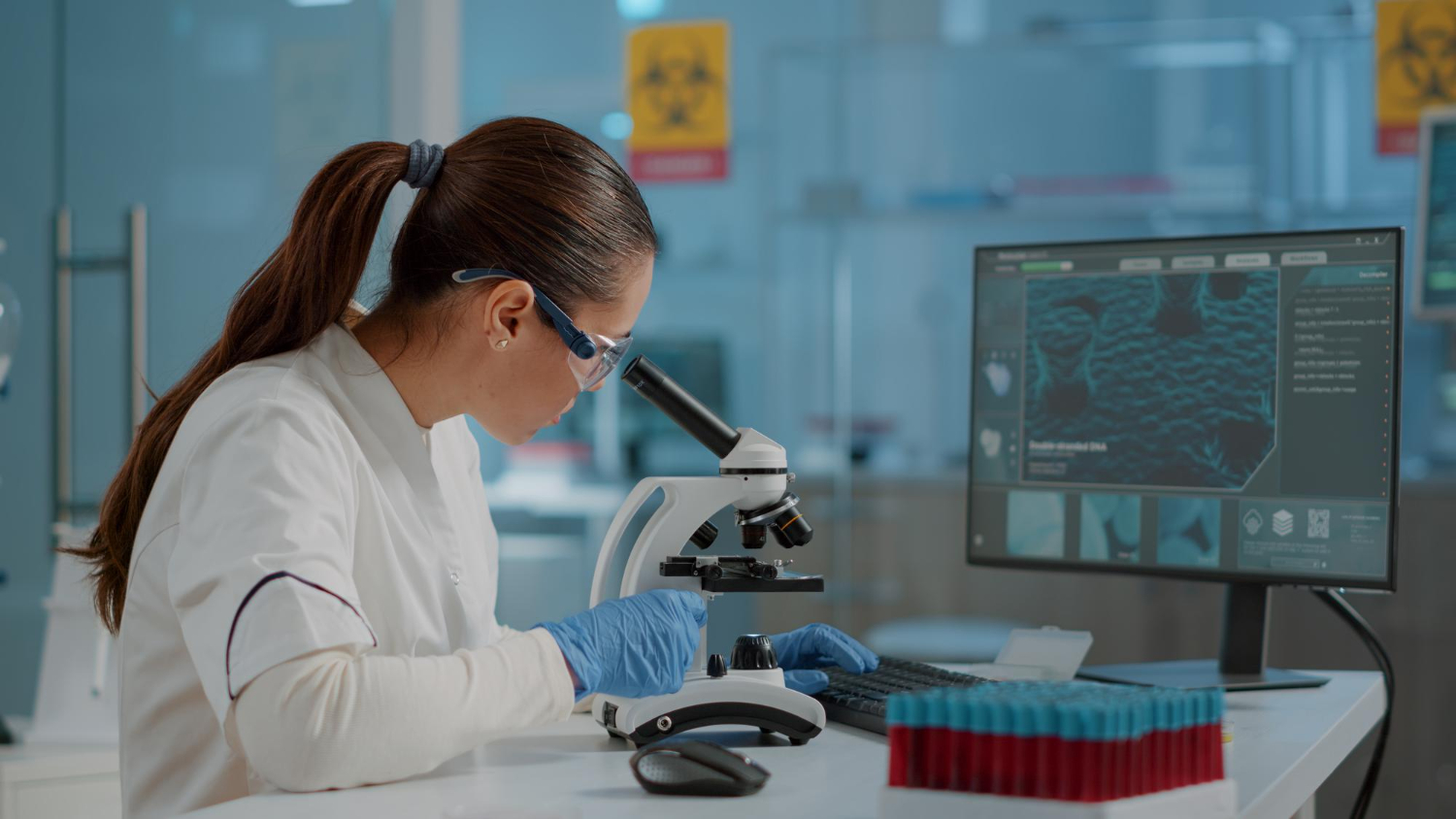
Why Diagnostic Tests Are Key to Staying Healthy: A Patient-Friendly Guide
When it comes to our health, we often hear phrases like “Get regular checkups” or “Don’t ignore your symptoms.” But many of us wonder, why are diagnostic tests so important? Are they really necessary, or just another routine hassle? The truth is, diagnostic tests are the cornerstone of modern medicine. They help doctors understand your body better, detect health issues early, and ensure you get the right treatment at the right time.
In this guide, we’ll explain everything you need to know about diagnostic tests in a simple, patient-friendly way—because taking care of your health shouldn’t be complicated or scary.
What Are Diagnostic Tests?
Diagnostic tests are medical procedures that help doctors examine your body to check for diseases, monitor ongoing conditions, and evaluate overall health. They can be as simple as a blood or urine test, or more advanced like X-rays, CT scans, and MRI scans.
Think of them like a “health report card.” Just as a teacher uses grades to understand a student’s performance, doctors use tests to understand how your body is functioning. Without these tests, doctors might have to guess, which can lead to delays, incorrect treatments, or unnecessary stress.
Why Diagnostic Tests Matter
- Early Detection
Many serious health conditions don’t show obvious symptoms in the early stages. Diseases like diabetes, high blood pressure, kidney disorders, liver issues, or even certain cancers can remain silent for months or even years. By undergoing regular diagnostic tests, you give your doctor the chance to detect problems early—when they’re easiest to treat. Catching a condition early can often mean simpler treatment, faster recovery, and better outcomes. - Accurate Diagnosis
Imagine feeling unwell but not knowing the reason. Is it fatigue from stress? A vitamin deficiency? Or an early sign of a chronic disease? Diagnostic tests provide the clarity doctors need. Tests help identify the exact problem, ensuring the treatment is targeted and effective. - Monitoring Health
For patients already under treatment for a condition, diagnostic tests are vital. They help track your progress, measure the effectiveness of medications, and adjust treatment plans if needed. - Peace of Mind
One of the biggest benefits of diagnostic tests is the reassurance they provide. Even if the results are normal, knowing your health status can reduce anxiety and give you confidence in your well-being.
Common Diagnostic Tests and What They Reveal
Here’s a simple guide to some of the most common tests and why they matter:
- Blood Tests
Blood tests are among the simplest and most informative tests. They can reveal a lot about your health, including:- Anemia or low hemoglobin — explains fatigue or weakness
- Diabetes — checks sugar levels and helps prevent complications
- Cholesterol and triglycerides — assesses heart health
- Kidney and liver function — detects silent organ issues
- Infections — identifies bacterial or viral infections early
- Urine Tests
Urine tests are quick and non-invasive. They can detect:- Kidney problems
- Urinary tract infections (UTIs)
- Diabetes indicators
- Imaging Tests
- X-rays: Detect bone fractures, lung issues, or dental problems
- CT scans: Detailed images of organs; detect tumors, internal injuries, or infections
- MRI scans: Precise imaging of soft tissues, brain, spine, and joints
- Specialized Tests
Some patients may need tests specific to their health concerns:- Heart tests: ECG, echocardiograms, or stress tests
- Cancer markers: Identify early signs of certain cancers
- Hormone panels: Thyroid, reproductive, or adrenal function
When Should You Get a Test?
- Routine Checkups
Even if you feel healthy, regular checkups and preventive tests are essential. They help detect silent conditions and maintain your long-term health. - When Symptoms Appear
Don’t ignore unusual signs such as:- Persistent fatigue
- Unexplained weight changes
- Pain or swelling
- Frequent headaches
- Digestive issues
- Following Your Doctor’s Advice
Sometimes, your doctor may recommend tests even without symptoms. This could be for monitoring chronic conditions, post-surgery recovery, or preventive screenings.
The Benefits of Regular Health Checkups
- Prevention: Early detection can prevent complications
- Cost-effective: Early treatment is usually more affordable
- Lifestyle guidance: Results inform diet, exercise, and habits
- Complete health history: Records make future care more precise
Overcoming Common Fears About Tests
It’s normal to feel anxious before a test—about needles, time, or results. Most tests are quick, painless, and routine. Knowledge from tests is empowering; it helps you take control of your health. Detecting a problem early is always better than finding it too late.
How to Make the Most of Your Tests
- Follow Pre-Test Instructions: Some tests require fasting or avoiding certain foods/medications.
- Keep a Record: Maintain digital or paper copies of reports for comparison over time.
- Discuss Results Openly: Review results with your doctor and ask questions.
- Act on Recommendations: Follow through with treatments, lifestyle changes, or further tests.
Tips for Stress-Free Testing
- Schedule morning slots if fasting is required
- Stay hydrated and relax before blood tests
- Bring a friend or family member for support
- Listen to calming music while waiting
Conclusion: Taking Charge of Your Health
Diagnostic tests are not just a formality—they’re an essential step toward a healthier life. Whether you’re feeling well or experiencing symptoms, tests provide clarity, guide treatment, and give peace of mind. Small actions today can prevent big problems tomorrow. Don’t wait for symptoms to worsen—talk to your doctor, schedule recommended tests, and take an active role in your health journey.
Takeaway: Your health is priceless. Regular diagnostic tests are the key to keeping it that way.
Call to Action
If you’ve been delaying a health checkup or diagnostic test, now is the perfect time to act. Reach out to a trusted diagnostic center, consult your doctor, and start taking charge of your health today. Early detection saves lives.


